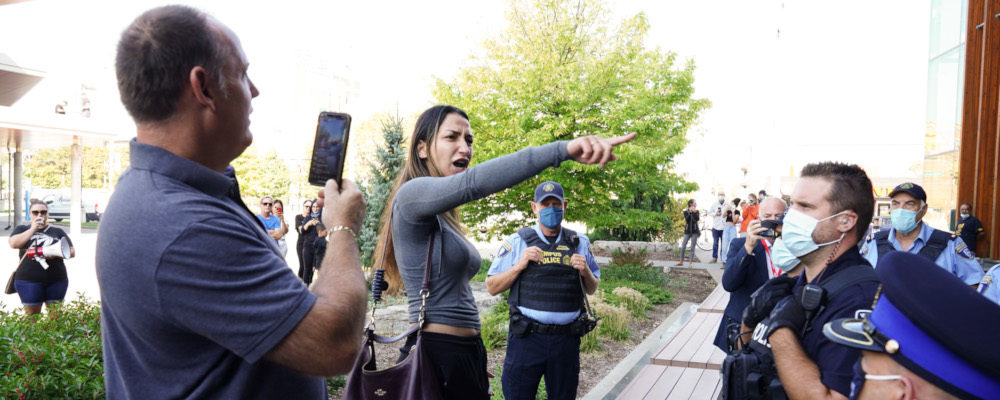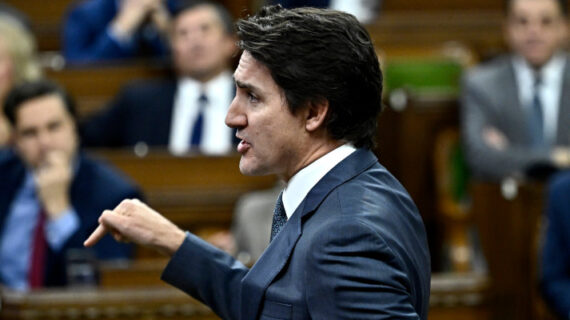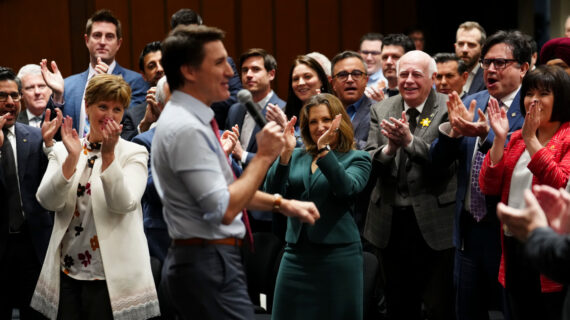The murder of British Conservative MP Sir David Amess occasioned two very different reactions. The most common reaction took the form of a lecture on a supposed decline in the tone our politics followed by a plea for more civility. In some cases, the plea was accompanied by a call for legislation to restrict inflammatory speech.
These lectures, in turn, generated responses pointing out that Sir David’s murderer was a radicalised Islamist whose actions likely had nothing to do with Twitter decorum.
On the facts of the case, the second camp makes more sense (and I hope to write more about that soon) but the first camp is on to something too—just not the right thing. In a democracy we should be worried about political anger, but we should not be fooled into thinking that civility is the solution to a problem that runs much deeper than incivility.
We just wrapped up a federal election campaign in which talk of political violence (but, fortunately, no actual violence) was a constant undercurrent. There is, of course, nothing new about political protests in Canada, but there is a nagging feeling that something has changed. The simmering public frustration, elevated to boiling by social restrictions and economic insecurity during the pandemic, doesn’t feel like something that will just go away when those stresses are removed.
We can blame the problem on social media—and goodness knows the companies monetizing our anger deserve plenty of blame—but they wouldn’t be so effective if there weren’t a latent disquiet waiting to be stoked and exploited. Social media companies may have built a business on encouraging us to act badly, but I have trouble believing they alone can turn good people into monsters.
Happy, well-adjusted people aren’t easily triggered to rage, so if we are seeing more rage we should be asking why our society isn’t producing more happy, well-adjusted people. The real problems that should keep our political class up at night are whatever is making many of their fellow citizens so distrustful of their leaders and alienated from each other.
We are in a crisis of loneliness and sterility.
You don’t have to look far to see why people might be angry. Globalisation has made most of us materially better off, but it has made some of us better off than others and it has left a significant number of us working what David Graeber has called bullsh*t jobs. Deep down the bullsh*t workers know it, and it doesn’t feel good. Now some people are proposing to replace their jobs altogether with a guaranteed income, just enough to keep them in video games until empty days demand more potent and more dangerous escapism.
We are in a crisis of loneliness and sterility. Our cities bristle with faceless condo towers, each with more residents than a small town but where no one knows their neighbour. Add in stagnant wages and rising home prices that have put middle-class security and starting a family tantalizingly out of reach for many young people and you can start to see how personal frustration could spark political anger.
It doesn’t help that our economic system has encouraged companies to put ever-higher profits before national loyalty and local responsibility. Or that our political system has failed to hold multinational corporations to account for externalizing the social and environmental costs of business models that encourage off-shoring, layoffs, tax dodges, and pay and benefit cuts so that executives can continue to meet quarterly targets and earn exorbitant bonuses.
And is it really surprising that a multi-generational project to undermine our shared beliefs and cultural confidence has left us untethered and dispirited? Our increasingly fraudulent education system is producing a generation schooled in outrage and little else, and we can see the consequences in rising levels of historical ignorance and intolerance.
Our problem isn’t that people are angry, it is why they are angry. A lot of people have good reason to be alienated from a culture of stagnation and decadence that no one seems willing to confront—neither those suffering at the bottom nor those profiting at the top. The difference is that the people at the top are in a position to do something about it, to adopt more humane policies that elevate individual dignity and promote the common good.
Lectures about the need for more civility make the writers feel good, but they miss the point: the need for more empathy and more civility in our society runs two ways. The political anger from the bottom may be more visible right now, but the decades of political neglect from the top is more serious.




